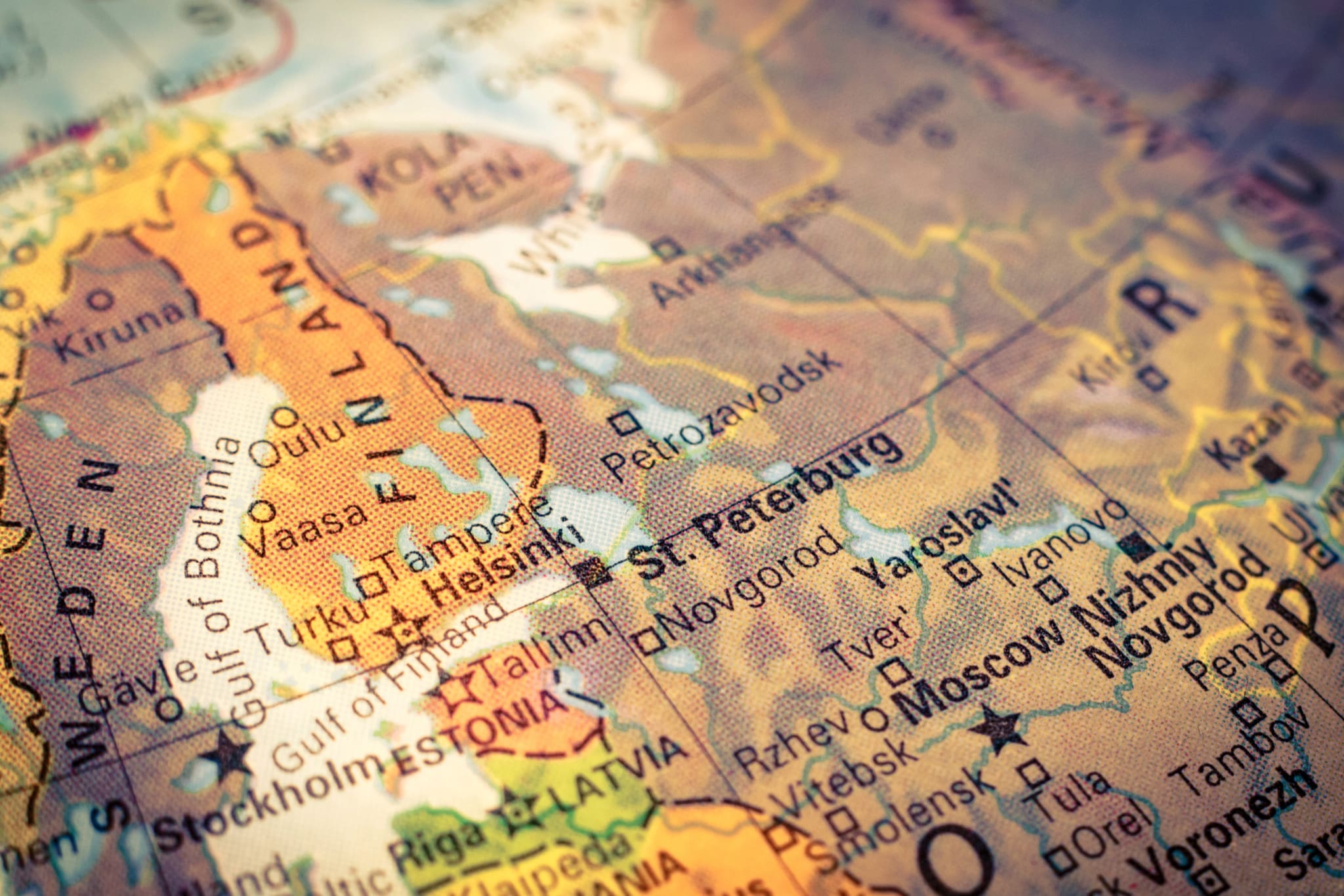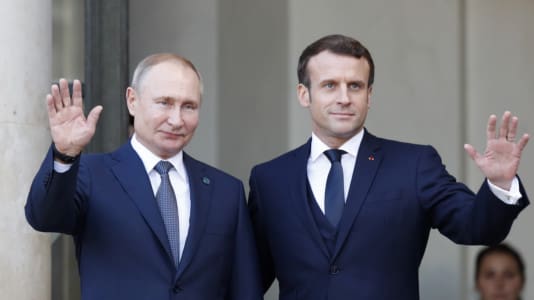German Chancellor Olaf Scholz risked the wrath of Vladimir Putin on Wednesday by publicly welcoming Finland’s interest in joining NATO, a move the Russian president has warned both Finland and Sweden would be a red line for Russia.
Following a meeting on Wednesday between Scholz and Finnish Prime Minister Sanna Marin, the German chancellor affirmed that Germany would support Finland’s accession to NATO and announced there was already cooperation between Finland and the organization.
Marin revealed her government was currently reviewing proposals to potentially join the alliance.
“It is possible that Finland will aspire to join NATO,” the Finnish leader told reporters.
[pp id=31658]
Plans are afoot in Sweden and Finland to more deeply align their military cooperation both with each other, and with NATO, and according to the Swedish newspaper Aftonbladet, five meetings took place between Swedish and Finnish government officials this week to discuss closer military ties.
“We will move in step with Finland,” a Swedish government source told the newspaper.
Sweden, in a similar fashion to other European countries including Germany and Poland, has already taken steps to ramp up its defense spending amid the ongoing conflict in Ukraine.
The country’s defense minister, Peter Hultqvist, announced on Wednesday the Swedish government’s intention to increase its defense budget this year to 3 billion Swedish króna (€288 million).
The Swedish government revealed last week that it would raise its defense budget to 2 percent of GDP as quickly as possible, an essential precursor to NATO accession.
Towards the beginning of his country’s invasion of Ukraine, Russian President Vladimir Putin warned both non-NATO members, Sweden and Finland, that the countries would face “serious military and political consequences” should they consider joining the alliance.
Putin’s threats were followed up this week by Sergei Belyaev, director of the Second European Department of Russia’s foreign ministry, who told the Russian state-owned news agency Interfax that the Nordic countries’ non-participation in NATO was an “important factor in ensuring security and stability in northern Europe.”






